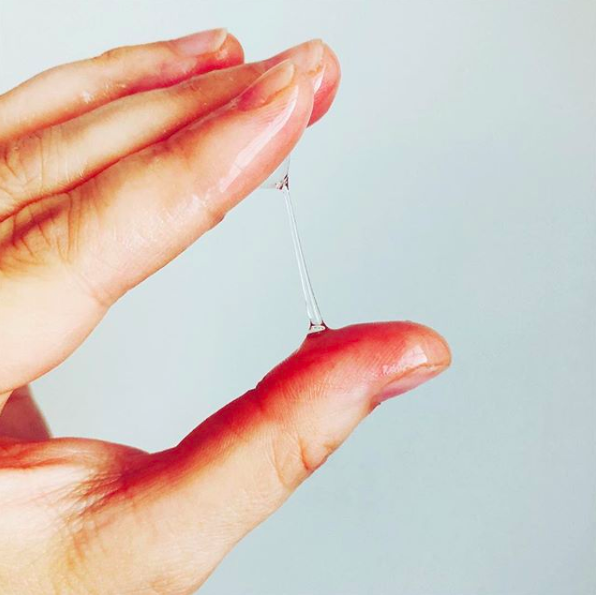When Sex Matters Most for Conception
If you want to get pregnant, you might be wondering when the best time to have sex is, and how often you should have it to achieve a pregnancy.
Timing Sex
Your fertile window can be generally thought of as a 6 day period ending with ovulation. Pregnancy chances increase when you have increased sex during this period, and it may result in pregnancy when it happens at least 2 days before ovulation.
It's important for you to know when you ovulate - and you may want to begin to think about finding this specific day before you start trying. First of all, you shouldn't be relying on your period-tracking app to tell you when you ovulate. Instead, you should be paying attention to signs your body is sending you.
Ovulation Predictor Kit
A study has shown that tracking your cervical fluid changes across your cycle, can predict ovulation as well or better than basal body temperature and LH strips.
What you're basically looking for is egg white cervical fluid, that will give you a tip that ovulation is set to occur. Cervical mucus will increase 5-6 days before ovulation and will reach its peak 2-3 days before ovulation.
Sperm and Sex
If a man has normal sperm quality, daily sex won't impact sperm concentration and motility will reman normal. A study also indicated that men with a low sperm count, sperm concentration and motility may be highest with daily ejaculation.
Taking a break every other day wouldn't negatively impact his sperm parameters. However, if he's ejaculating every 5 days, sperm parameters may be affected. Sperm parameters begin to deteriorate, if ejactulation hasn’t occurred for 10 days.
The bottom line is, as long as sperm parameters are normal (and you probably wouldn't find this out until after getting tested by a fertility clinic), having sex every 2-3 days in your fertile window can be beneficial.
One study showed that having sex daily, led to a higher chance of becoming pregnant in the menstrual cycle. Keep in mind that planning sex for fertility purposes may be emotionally taxing, so find an interval that works best for you and your mental health.
Final Thoughts
The two-week wait can be especially emotionally taxing, particularly if it feels hard to talk openly with a partner or friends. You don’t have to carry that stress alone. Support exists not only for emotional reassurance, but also for understanding how to gently optimize fertility over time.
If ongoing, evidence-informed guidance around cycles, fertility, and navigating this season would feel supportive, I share this kind of education in my newsletter. You’re welcome to join whenever it feels right.

